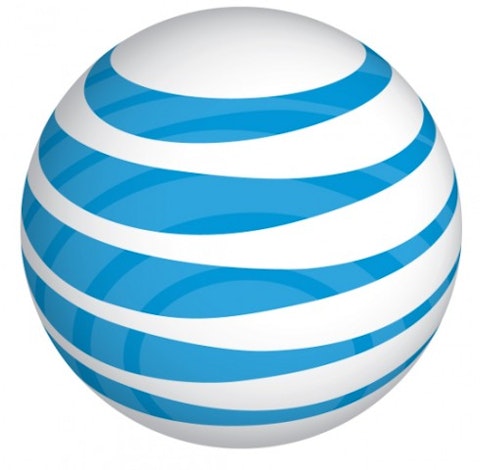More than 114,000 people signed the We the People petition asking the White House to decriminalize the unlocking of cell phones. That cry was heard, answered, and clearly agreed with by the administration.

“Neither criminal law nor technological locks should prevent consumers from switching carriers when they are no longer bound by a service agreement or other obligation,” wrote R. David Edelman, the White House senior advisor for Internet, innovation, and privacy.
But will this support from the highest levels of government finally get jailbreaking cell-phone owners out of darkened alleyways?
Not if the major wireless carriers can stop it, and they have every business reason to try to do so.
First, carriers spend billions of dollars on building their network infrastructures and keeping those networks up to date. Then they must obtain the most desirable handsets from the phone manufacturers and subsidize the high cost of those phones to attract consumers to sign long-term contracts.
CTIA-The Wireless Association, which represents the larger carriers, such as Verizon Communications Inc. (NYSE:VZ), AT&T Inc. (NYSE:T), Sprint Nextel Corporation (NYSE:S), and T-Mobile, in its comments to the U.S. Copyright Office of the Library of Congress last month, characterized locked cell phones as common and important to its members’ business: “According to a recent survey, 36% of wireless customers received a free phone from their carrier, and many more received heavily subsidized handsets.” That practice of subsidizing phones, CTIA wrote, was a “key component to keeping wireless service accessible and affordable.”
That played off Librarian of Congress James Billington’s notice in October that locked phones played “an essential part of the wireless industry’s dominant business model.”
But once a cell phone is unlocked, the carriers still have ways to make changing carriers with that phone a pain in the neck, if not just plain impossible.
In the U.S., much of that pain is produced because of two incompatible wireless protocols used that the different carriers use: the GSM standard at AT&T Inc. (NYSE:T) and T-Mobile USA, and the CDMA standard at Verizon Communications Inc. (NYSE:VZ) and Sprint Nextel Corporation (NYSE:S) .
The 4G LTE technology that most carriers have been moving to was supposed to remove the protocol mismatch by allowing subscribers to take their handsets with them to different carriers just by changing their subscriber identity modules, or SIM cards. But Verizon and AT&T Inc. (NYSE:T) rutted up that road by requiring phone makers to provide handsets that work only on each of those networks’ wireless frequencies.
A game-changer?
However, there are market forces coming into play that may pose an even bigger threat to the wireless status quo than just unlocked phones. With the growth of the “connected car” concept, vehicles with built-in wireless technology will need the capability of changing carriers as they are driven from one network coverage area to another. A “wirelessly locked” car is not practical, nor is having to physically change SIM cards when driving along.
That brings up the concept of the virtual SIM (also referred to as an embedded SIM, a soft SIM, or a white SIM), a non-removable unit that can be remotely and transparently reprogrammed to work with whatever network it finds itself having to operate in.
If that can be done for the automotive sector, why hasn’t this been tried for the cell phone?
Actually, it has — by Apple Inc. (NASDAQ:AAPL) , no less — but the wireless carriers pushed back against the idea of a consumer’s ability to easily switch carriers.